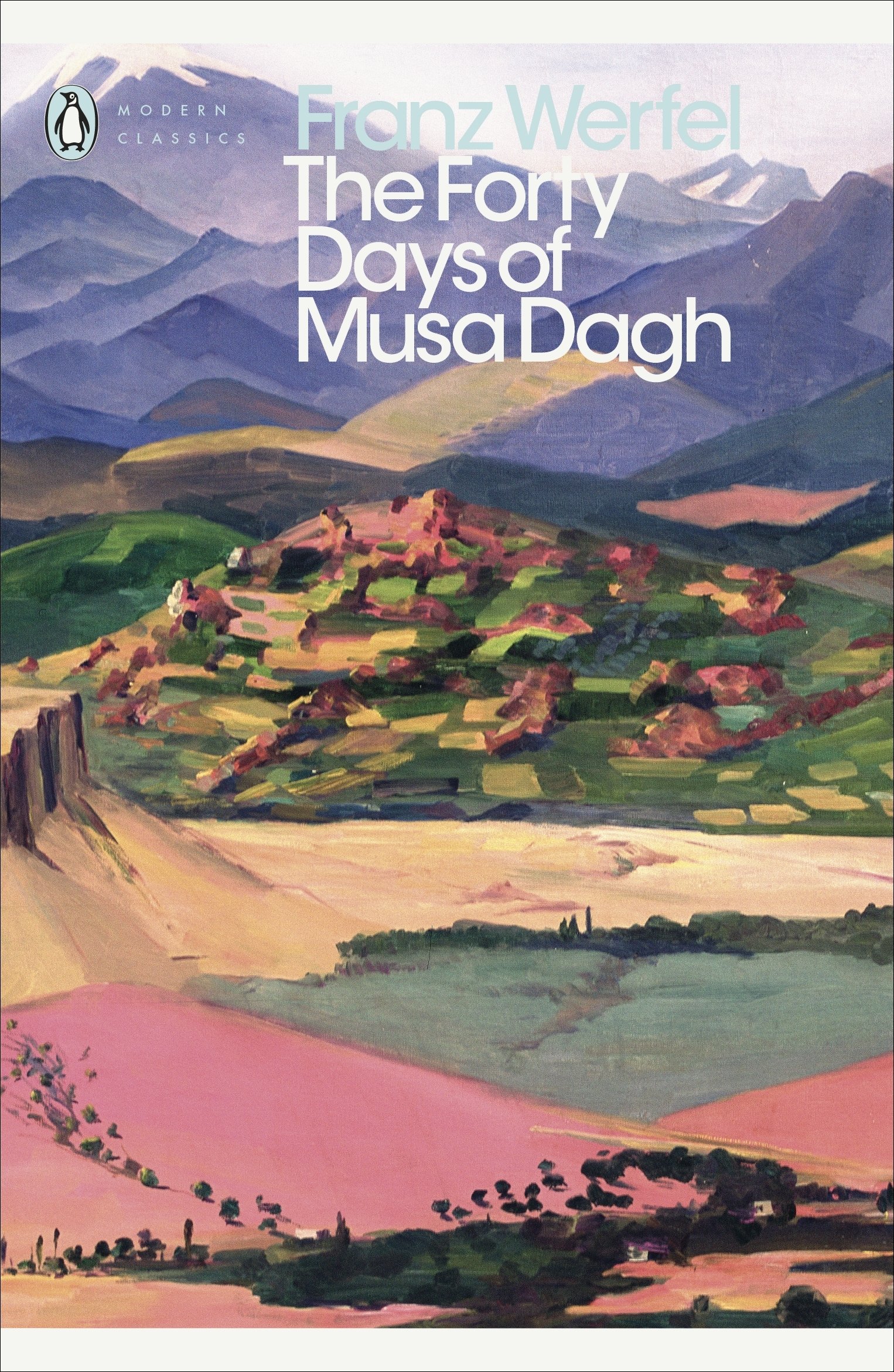
The Forty Days of Musa Dagh (German: Die vierzig Tage des Musa Dagh) is a 1933 novel by Austrian-Bohemian writer Franz Werfel based on true events that took place in 1915, during the second year of World War I and at the beginning of the Armenian Genocide.
Because of this or perhaps in spite of it, the facts and scope of the Armenian Genocide were little known until Werfel’s novel, which entailed voluminous research and is generally accepted as based on historical events..
This policy, as well as who bore responsibility for it, has been controversial and contested since 1915.
The novel focuses on the self-defense by a small community of Armenians living near Musa Dagh, a mountain in Hatay Province in the Ottoman Empire—now part of southern Turkey, on the Mediterranean coast—as well the events in Istanbul and provincial capitals, where the Young Turk government orchestrated the deportations, concentration camps and massacres of the empire\'s Armenian citizens.
The Forty Days of Musa Dagh (German: Die vierzig Tage des Musa Dagh) is a 1933 novel by Austrian-Bohemian writer Franz Werfel based on true events that took place in 1915, during the second year of World War I and at the beginning of the Armenian Genocide
